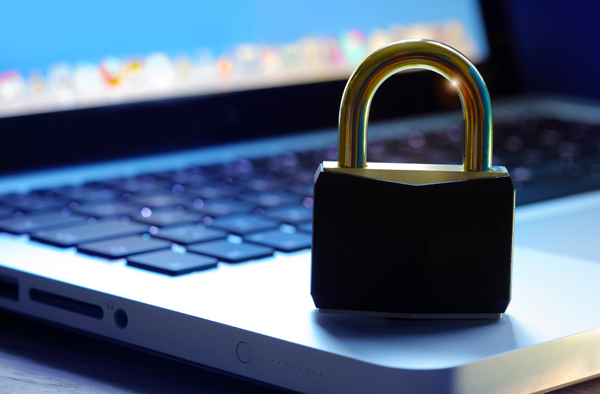- La Feria Community Holds Succesful Business Mixer Event
- Little Nashville to Take Place in Downtown Mercedes
- Lions Basketball Captures District Gold
- La Feria ISD Students Compete in Regional Chess Tournament
- Lions End First Half of 32-4A on a High Note
- La Feria ISD Held Another Successful Parent Conference
- Strong Appearance for Lions at Hidalgo Power Meet
- LFECHS Students Get to Meet Local Actress
- Students Participate in Marine Biology Camp
- Two LFECHS Students Qualify for All-State Band
Don’t Let Your Personal Data End up on the Dark Web
- Updated: June 29, 2018
(StatePoint) Consumers today give out personal information all the time — from shopping online to signing up for special promotional offers to filling out job applications.
However, there are millions of identity theft victims each year, and when your information is stolen by a cyber-criminal, it will likely be sold on the dark web. Your social security number, for example, could be sold for as little as $1, according to Experian, one of the nation’s three credit bureaus. The end result is that criminals can open a credit card account in your name, steal your tax return, try to hack into your financial accounts and conduct other malicious activities.
The Dark What?
The dark web is a mystery to many. Only one in four people know what it is and what it’s used for, according to the Experian Cybersecurity Survey. It essentially allows criminals to conduct illegal activities in the deepest pockets of the Internet, undetected.
For identity thieves, the dark web is a marketplace for personal information, including phone numbers, email addresses, account passwords and social security numbers that can be used to commit identity theft and fraud.
While it’s doubtful that your local dry cleaner or gym will be targeted by an identity thief, any database is attractive to a cyber-criminal. Companies can also be victims of rogue employees, and smaller operations have less security. It’s best to err on the side of caution when giving out personal information.
Better Manage Personal Data
“Having your personal information exposed can be a threat to your identity and financial future, but there are ways to take control,” says Brian Stack, vice president of Dark Web Intelligence at Experian. “In a digital world, all of us are at some risk for identity theft and fraud. One step to get peace of mind is enrolling in an identity theft protection product so you are notified if credit is opened in your name or your personal data is on the dark web.”
To proactively protect your identity, take the following key steps:
- Only provide personal information when it’s required.
- Change online account passwords periodically and use a unique password for each account.
- Never access the Internet with unsecured public Wi-Fi. Only use secured public Wi-Fi with a password for browsing — don’t shop or access accounts, including social media and email.
- To log into accounts, enable authentication questions as well as two-factor authentication when available (and don’t use real answers such as your mother’s actual maiden name).
- Several times per year, check your credit reports from all three credit bureaus for possible fraudulent accounts.
Wondering if there’s already cause for concern? Experian offers a free Dark Web Triple Scan that searches thousands of dark web pages, networks and forums for your phone number, email address and social security number. This scan will inform you if any of this information is on the dark web. Learn more at experian.com/triplescan.
Your daily routine doesn’t have to lead to a darkened outlook. Taking proactive steps can help you stay vigilant and offer you better protection.



